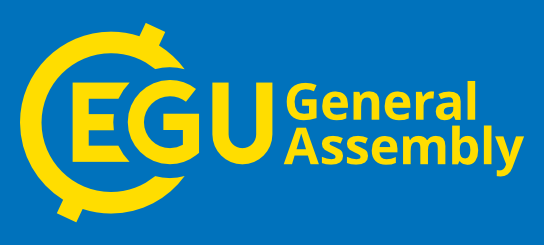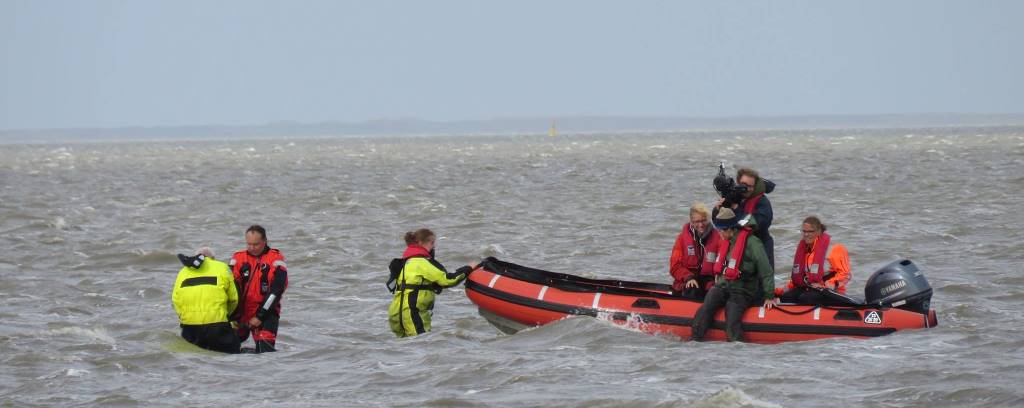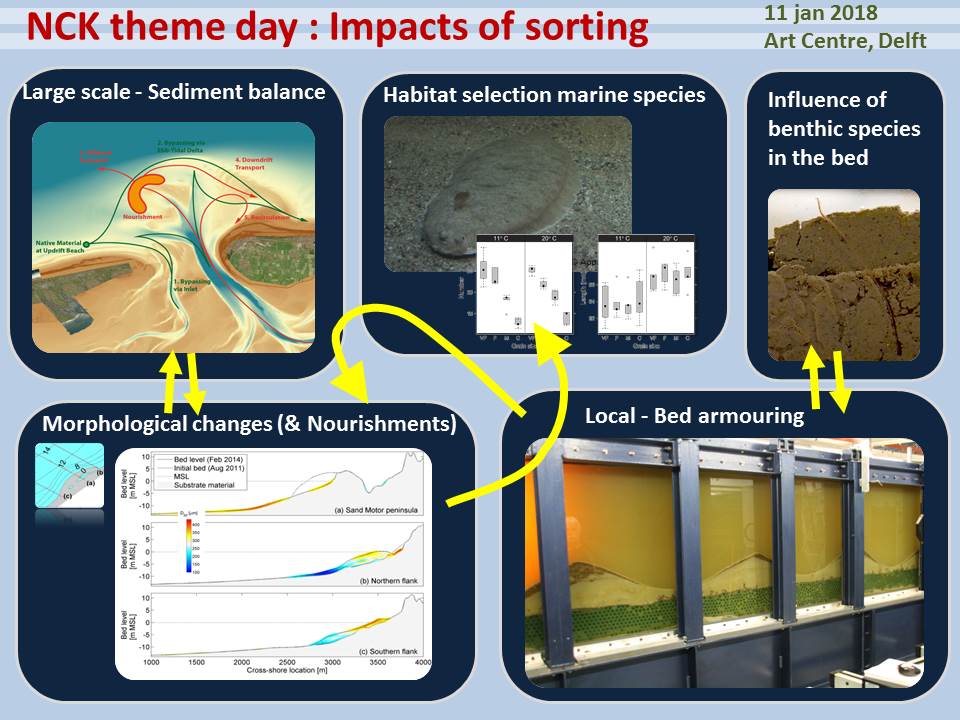Netherlands Centre for Coastal Research
 We invite you to submit an abstract to the session ‘Sustainable management of river deltas under pressure’ (Session GM6.6/BG7.6/HS5.17), to be held at the EGU General Assembly 2018, 8-13 April 2018, Vienna, Austria.
We invite you to submit an abstract to the session ‘Sustainable management of river deltas under pressure’ (Session GM6.6/BG7.6/HS5.17), to be held at the EGU General Assembly 2018, 8-13 April 2018, Vienna, Austria.
The aim of this session is to bring together knowledge of both natural and societal processes (inter)acting in a delta, and their impacts, which is essential to find sustainable solutions for delta management. We invite contributions to this session on (1) human-induced processes driving change in river deltas, (2) impacts of these changing conditions, and (3) optimising delta management solutions, in particular by using an interdisciplinary approach.
Please check the EGU website for more information and application. The deadline for submitting an abstract is 10 January 2018.
This session is organised by Future Deltas, a research programme of Utrecht University (NL), in collaboration with the Woods Hole Oceanographic Institution (USA) and the University of Southampton (UK).
How much sediment is exchanged between North Sea and Wadden Sea and what are the dominant processes? How do bed forms in the channels and on the shoals look like and do they migrate? What is the sediment composition of channels and shoals? Where can we find worms or bivalves on the ebb-tidal delta and how abundant are they? To answer these questions, and many more, recently a unique field campaign was carried out in the Ameland tidal inlet system from the end of August till early October as part of the SEAWAD and Kustgenese 2.0 projects. In these projects NCK partners Rijkswaterstaat, Deltares, Delft University of Technology, Utrecht University and University of Twente join their forces.
To give a short overview: Five frames were deployed on the delta, each one fully equipped to measure flows, turbulence, waves, bed forms and suspended sediment size distributions and concentrations. Further, many box-cores and bed samples were taken for benthos and sediment analysis, sediment tracers were released and recovered, Jet-ski’s and Zodiacs assisted in drifter experiments, 13-hour transect measurements were done, bed levels were measured by Multibeam, and Aquadopp profilers measured flow across the tidal watersheds. In total 6 ships and over 35 people were involved. A lot of valuable data has been gathered and coming months and years the data will be analyzed.
Media attention field campaign
There was a news item on the national television (Watch from 09:48) featuring Bram van Prooijen (TUD) and Judith Litjens (RWS). Furthermore, there was an item in KRO Brandpunt, featuring Laura Brakenhoff (UU) and Judith Litjens (RWS), in which you can see the retrieval of the Aquadopp profilers.
Further information
More information about SEAWAD, the field campaign and Kustgenese 2.0 can be found via the following links.
 On Thursday, the 11th of January a NCK symposium entitled 'Impact of bed sediment composition on the environment' will be organised in the Art-Centre in Delft. The symposium will focus on the bed composition of the Dutch coast and the relevant abiotic and biotic processes in general. Two keynotes, by Steven Degraer (University of Ghent) and Maarten Kleinhans (University of Utrecht) will set the scene and several reseachers and PhD-students will share their insight and latest findings. The preliminary programme is now available on the event page. View it and register now!
On Thursday, the 11th of January a NCK symposium entitled 'Impact of bed sediment composition on the environment' will be organised in the Art-Centre in Delft. The symposium will focus on the bed composition of the Dutch coast and the relevant abiotic and biotic processes in general. Two keynotes, by Steven Degraer (University of Ghent) and Maarten Kleinhans (University of Utrecht) will set the scene and several reseachers and PhD-students will share their insight and latest findings. The preliminary programme is now available on the event page. View it and register now!










